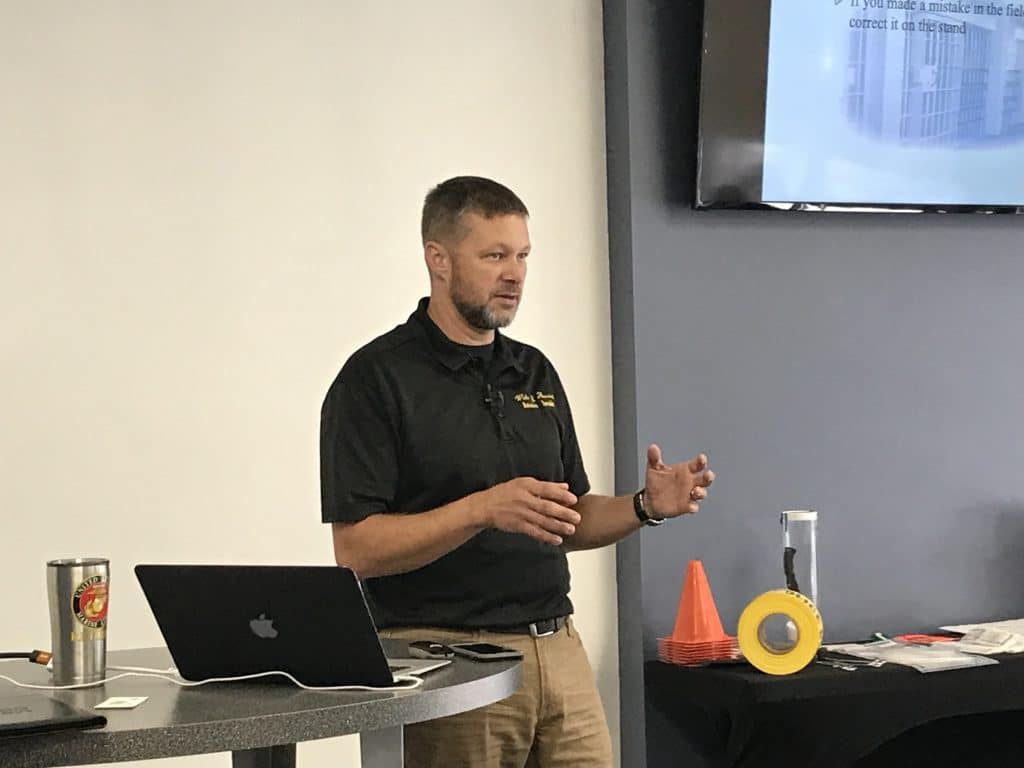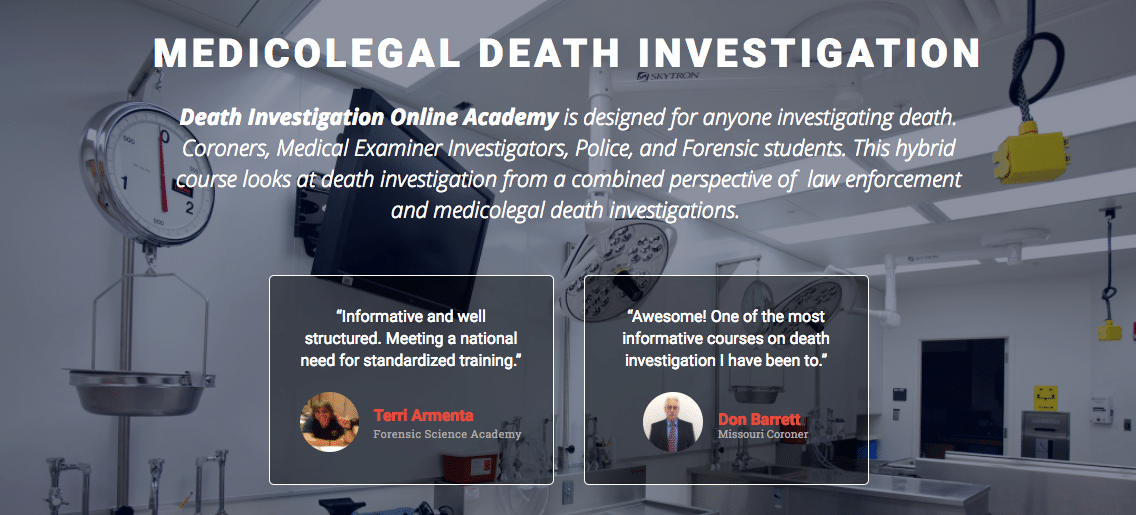 In our society, Public support is key in every aspect of policing from the needed appropriations to fund a department to the cooperation of individuals on the street. It is important to consider public perception when examining both the role and consequences of police in a democratic society. How the public views the police can determine the legitimacy of police authority and citizen compliance with the law.
In our society, Public support is key in every aspect of policing from the needed appropriations to fund a department to the cooperation of individuals on the street. It is important to consider public perception when examining both the role and consequences of police in a democratic society. How the public views the police can determine the legitimacy of police authority and citizen compliance with the law.
Public perception has a tremendous impact on the success on an investigation in the interview process. Statements are more easily gotten when both the investigator and the agency present a positive and professional image.
We live in an era where law enforcement is coming under greater scrutiny as advances in technology has armed members of the public with the ability to video record and publish law enforcement contacts through a variety of social media outlets.
Sir Robert Peel said, “Police must secure the willing cooperation of the public in voluntary observance of the law to be able to secure and maintain the respect of the public.”
There are two major factors that influence the public’s perception of law enforcement. Those factors are:
- The investigator’s appearance
- The investigator’s behavior
Investigator Appearance
A well-groomed investigator can portray confidence, professionalism, and a command presence that helps to enlist the cooperation of those with whom the investigator must interview. Beards, long mustaches, offensive tattoos, morbid obesity and any other element of unprofessional appearance creates a negative image in conflict with the professional objective that the investigator is attempting to achieve.
To enlist public support, an investigator must first earn the public’s respect. An investigator’s presence sends a message and the degree of support that the investigator receives depends on whether the message is positive or negative.
The first level of force on the force continuum is often a police presence. A professional image that exudes confidence is an effective force and can be instrumental in maintaining control when interacting with members of the public.
Investigator Behavior
It is often said that investigators live in a glass house. It is certainly true that uniformed investigators draw the public’s attention and are often scrutinized more closely than the general public. The public holds investigators to a higher standard than that of other citizens and expects those investigators to be an example to the community. Any violation of the law will be noticed and likely reported.
Investigators who have a reputation for even minor violations begin to lose their effectiveness as an investigator once the habitual violations become known.
We are living in an era that encourages citizens to become more watchful of law enforcement and to report any violations. With today’s technology and the proliferation of cell phones with video capability, the report of such violations are often supported with video footage. Even the slightest indication of bias can have a negative effect on the professional image.
The Impact of Public Perception
In our society, Public support is key in every aspect of policing from the needed appropriations to fund a department to the cooperation of individuals on the street. It is important to consider public perception when examining both the role and consequences of police in a democratic society. How the public views the police can determine the legitimacy of police authority and citizen compliance with the law.
Public perception has a tremendous impact on the success on an investigation in the interview process. Statements are more easily gotten when both the investigator and the agency present a positive and professional image.
.
 Death Investigator Magazine
Death Investigator Magazine
A digital magazine focused on the death investigation community. Dedicated to improving skills and enriching lives of investigators.
 Medicolegal Death Investigation – Online Academy
Medicolegal Death Investigation – Online Academy

The Death Investigation Training Academy was founded to play an integral role in the death investigation community. The need for quality accredited training is in short supply and high demand. Using a combination of classroom training, live on site scenario exercises, and web-based training, the Death Investigation Training Academy is filling the need of 21st-century investigators.

coroner,police training, darren dake,sheriff,deputy,coroner association,murder scenes,auto fatalities,csi,first responders,autoerotic fatalities,become a coroner,forensic science crime scene investigation,forensic science crime,scene investigator,forensic training,forensics training,how to be a crime scene investigator,how to become a death investigator,how to become a medical examiner,how to become a medical examiner investigator,medical examiner investigator training,medical investigator training,medicolegal death,medicolegal death investigator training,murder scenes,pictures of murder scenes,murder,real murder crime scenes,traffic deaths,traffic fatalities,what does it take to be a coroner,what does it take to be a criminal investigator,firefighter,fire training,firefighter training,autoerotic fatalities,become a coroner,coroner information,crime scene clean up training,crime scene cleaning training,crime scene cleanup training,crime scene investigation,crime scene investigation classes,crime scene investigator courses,crime scene investigator school,crime scene jobs,crime scene photography,crime scene photography training,crime scene technician,crime scene technician training,crime scene training,criminal investigation,criminal investigator,criminal justice,criminal justice forensic science,criminal justice forensics,criminal scene investigation,death crime scenes,death investigation training,death investigator training,death investigators,forensic death investigator,forensic investigator,forensic photography, crime scene clean up,crime scene bio-hazard, using plants in criminal investigation,forensic botany,dr.jane bock,death investigator magazine,dr judy melinek,badge of life,american college of forensic examiners,acfei,american board of medicolegal death investigators,abmdi,matthew lunn,underwater crime scene,mike berry,online learning,lopa,cultural diversity,anger de-escalation, coroner school,


 This exclusive first of its kind Medicolegal Death Investigation (MLDI) kit contains all the items you need to document and collect evidence from the most important piece of evidence at any death scene – The Body. Designed for Coroners, Medical Examiner Investigators, and anyone responsible to investigate and process a death.
This exclusive first of its kind Medicolegal Death Investigation (MLDI) kit contains all the items you need to document and collect evidence from the most important piece of evidence at any death scene – The Body. Designed for Coroners, Medical Examiner Investigators, and anyone responsible to investigate and process a death.